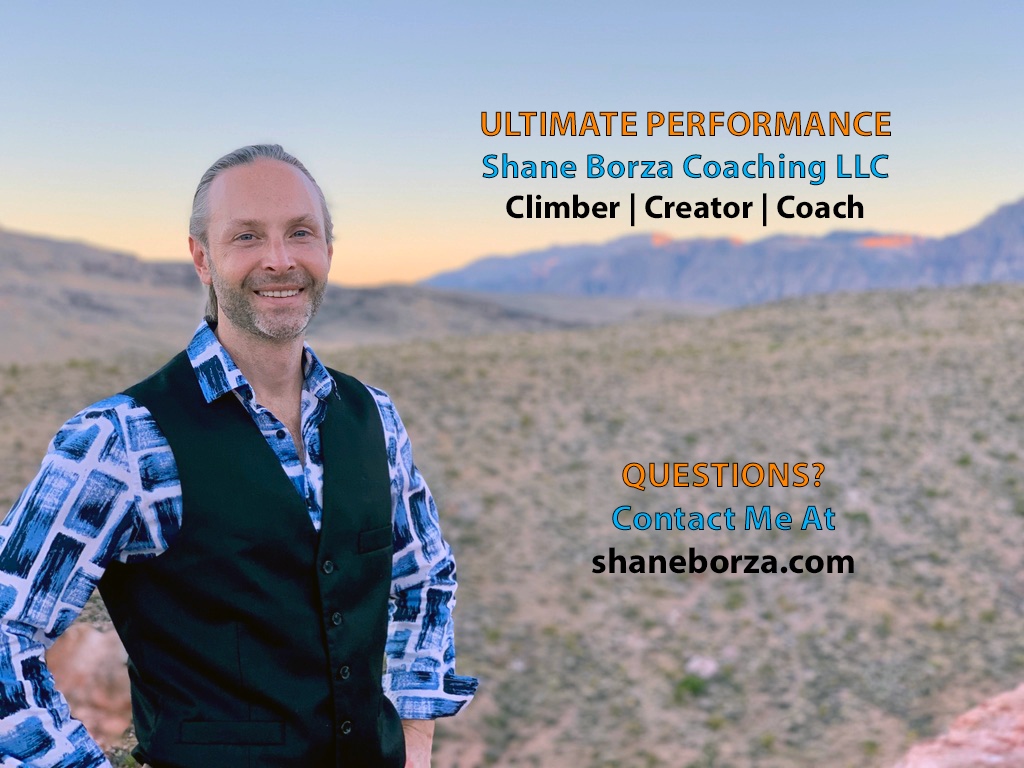I have experienced a lot of changes by mindfully choosing the vocabulary I use. More often than not, it’s not what I say out loud to others, but what I say to myself that results in these big shifts. I encourage you to examine your vocabulary and self speak. You may just find that your should’s become could’s, your have to’s become wants, and – perhaps – your workouts become training sessions.

Introduction
You may not think much about it, but the words you use are important. How you say things, and what you call things, helps create the perspective you see the world through. Specific to training is that very word itself: training. Most people refer to exercise as ‘working out’ and why shouldn’t they? There’s nothing wrong with that term, but there just might be a better one. What would changing your ‘work out’ to you ‘training’ do for you? Anything? For me, there is a difference.
Perspective
To ‘work out’ literally means to work someone until they’re done, as in, ‘They worked themselves out.’ Whereas ‘training’ conjures up practice or learning. Whether that is improvement at work, learning at school, skill building in a sport, and simply mastery of any activity you enjoy. This may seem like a slight adjustment and I have heard people ask what difference it makes. After all, if we both know what we’re talking about, does it really matter the specific words we use?
The difference is intent. Whether it’s substituting ‘could’ for ‘should’ or ‘want’ for ‘need’, If you go to ‘training’ instead of your ‘work out’ you will unconsciously be changing the gears in your head. As above, ‘training’ may move you towards a learning mindset, while ‘work out’ may only bring to mind thoughts of getting sweaty and tired. Both can be fun, and challenging, but give yourself every resource to frame exercise into an ability to improve your skill set, and not just your physique.
Mental outlook is important, especially in outdoor sports where, quite often, suffering is the name of the game. If you are a runner, cyclist, hiker, or climber, you are quite often dealing with long miles, weather, gear, and all kinds of unforeseen obstacles. Similar to the philosophical debate above (work out vs training), when confronted with these challenges, are you going to ‘bitch’ or ‘complain’? Again, some may say they are interchangeable, while others know better.
Bitching is a team building strategy, a means to get through the tough times through humor and creativity. There’s a reason the Marines talk about ‘the shared suck’. Bitching aloud to one another builds camaraderie by reinforcing that you’re all in it together. Yes, you are suffering, but they are too. And you know this by the sly, humous bitching that you say, hear, and acknowledge.
Complaining, on the other hand, is nothing more than vocalized negativity, frustration, and anger. There is nothing positive contributed, to either the group, or situation. Where bitching can add, distract, amuse, complaining can detract, anger, or annoy.
There are many such examples. As above, how often do you say, whether out loud or to yourself, all the things you have to do, need to do, or should do? How does this make you feel – like you have a choice? Like you want to? Does it bring joy to the idea of those tasks, or that list? What would happen if you changed those terms to something else? What if you had things you wanted to do, things you got to do, things you chose to do? How does that feel?
My Lesson Learned
If you are a student of history, especially exploration, you know of the famous exploits, and tales of woe that have been passed down from the thrilling adventurers of the past. These explorers left for the unknown and suffered but were able to overcome adversity via their mental outlook. If you were to read their accounts you might be surprised by the words they have left behind. Quite often these calamitous tales read like calm days at the park, whether they dealt with shipwrecks, storms, starvation, the loss or deaths of friends, or worse.
As Monty Python once mused, “Always look on the bright side of life.” Yes, it’s difficult, arduous, and hard. Of course you’re tired, hungry, cold, and sore. But are you having a grand adventure outside? Are you in the place you’d rather be? It’s just as helpful to be in the mountains, thinking of yourself sitting at a desk, as it is to sit at the desk, and think of yourself in the mountains.

My upcoming book “Total Mountain Fitness” (TM) teaches a minimalistic – and realistic – approach to fitness, including strength, conditioning, and recovery. If you would like to learn more, please sign up here to receive a free e-book version. Total Mountain Fitness will be released in 2021.

